Taiwan election: China says island faces choice between ‘war and peace’ so who could win and what’s at stake?
After a campaign overshadowed by threats from Beijing, Maroosha Muzaffar looks ahead to a turning point in Taiwan’s relationship with China and the United States
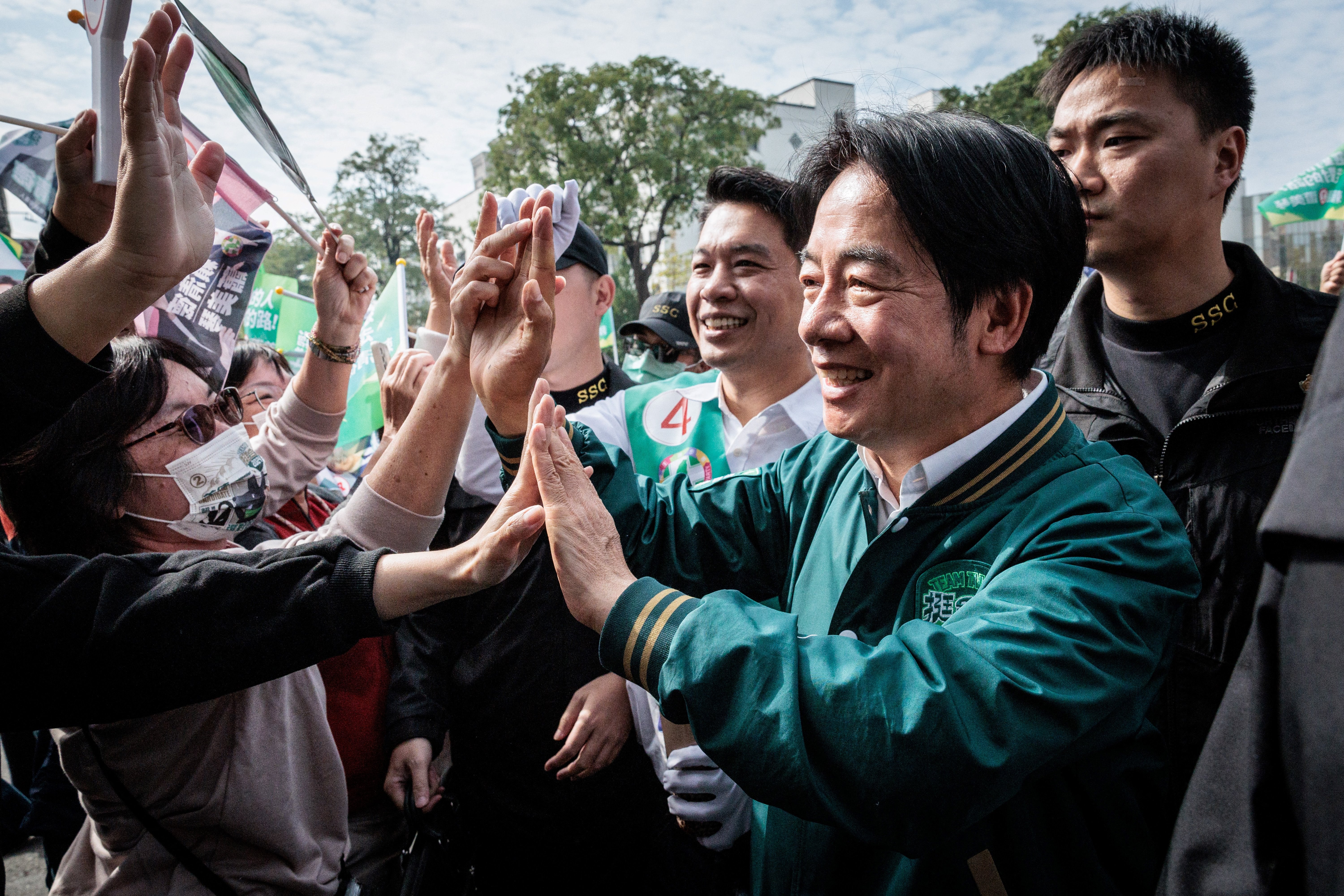
Your support helps us to tell the story
From reproductive rights to climate change to Big Tech, The Independent is on the ground when the story is developing. Whether it's investigating the financials of Elon Musk's pro-Trump PAC or producing our latest documentary, 'The A Word', which shines a light on the American women fighting for reproductive rights, we know how important it is to parse out the facts from the messaging.
At such a critical moment in US history, we need reporters on the ground. Your donation allows us to keep sending journalists to speak to both sides of the story.
The Independent is trusted by Americans across the entire political spectrum. And unlike many other quality news outlets, we choose not to lock Americans out of our reporting and analysis with paywalls. We believe quality journalism should be available to everyone, paid for by those who can afford it.
Your support makes all the difference.As Taiwan heads to polls this weekend, tensions with China, which claims sovereignty over the democratically governed island, are at an all-time high.
During his New Year’s address, Chinese president Xi Jinping said “reunification” with Taiwan was “inevitable”. Whichever party wins the 13 January presidential election will determine Taiwan’s geopolitical standing and its relationship with China and the US.
Even though there are many domestic issues such as economic worries, including the cost of living, the central issue in these elections remains the imminent threat of a Chinese incursion.
Who are the candidates?
Three main candidates vying for the presidential seat are Lai Ching-te (or William Lai) of the Democratic Progressive Party (DPP), Hou Yu-ih from the Kuomintang (KMT), and Ko Wen-je of the newly formed Taiwan People’s Party (TPP).
The DPP currently holds power, and its presidential candidate is the incumbent vice president of the Republic of China. The DPP aims to strengthen the Taiwanese identity and contends that countering Chinese aggression is achievable through enhanced partnerships with other nations, especially the US.
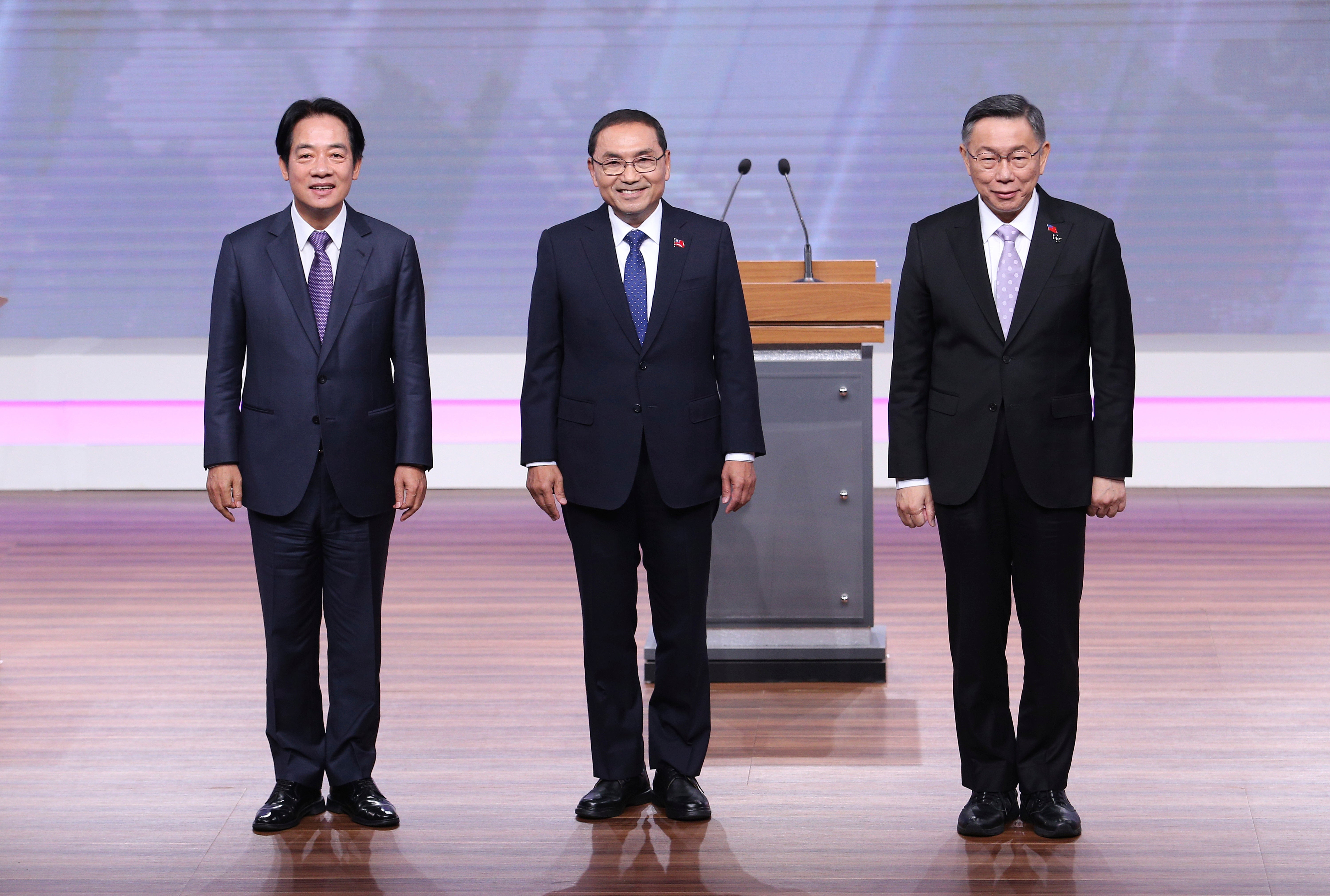
Mr Lai’s selection of Hsiao Bi-khim, the former top Taiwanese diplomat in the US, as his running mate is viewed as a recognition of the significance of that diplomatic relationship, according to observers. She has previously said that she will be able to deliver the “global vision” needed to tackle tensions with China.
On Tuesday, the 64-year-old presidential candidate told reporters: “While aspiring for peace, we harbour no illusions. We will build up Taiwan’s defence deterrence, strengthen Taiwan’s capabilities in economic security, enhance partnerships with democracies around the world and maintain stable and principled leadership on cross [Taiwan] Strait relations.”
Hou You-yi from the main opposition KMT favours unification with China. The former police chief’s victory in elections could drastically change the political landscape in Taiwan. The popular mayor of New Taipei City has labelled DPP as “separatists” and opposes Taiwan’s independence.
“In addition to helping young people build their dreams, the government must not let young people go to war. It must take good care of (diplomatic) relations and prevent war,” he said during his visit to the southern port city of Kaohsiung last month.
“At the same time, it should integrate the economy and industry with international standards and bring more opportunities to young people,” he added.
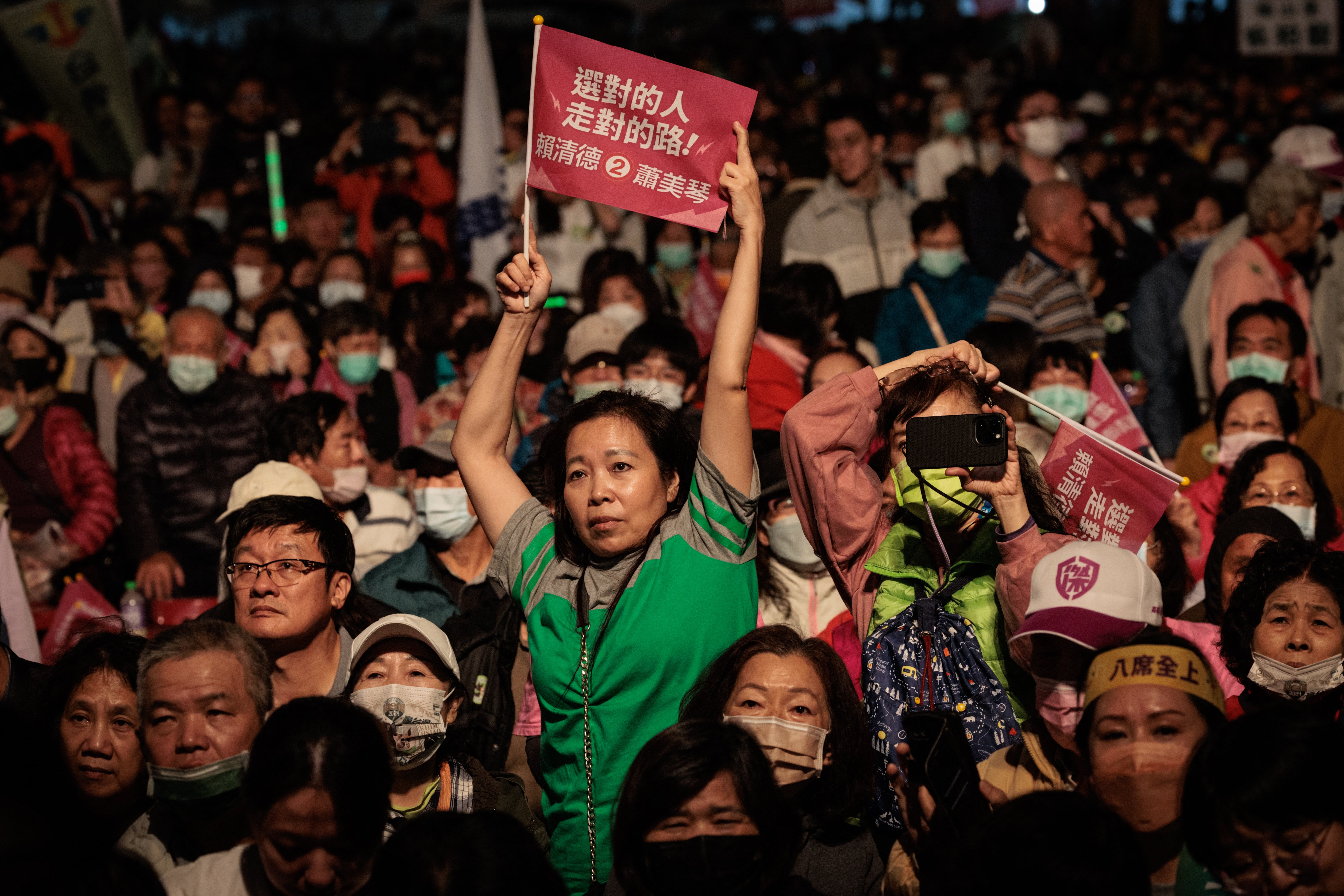
Taiwan political pundits opine that even though Mr Hou is well-versed in local governance and police affairs, he has significantly less international experience compared to the current president Tsai Ing-wen and her predecessor Ma Ying-jeou. KMT is hoping that Mr Hou will counter the party’s elitist image and attract voters beyond the traditional base of mainland immigrants and their descendants.
Ko Wen-je of TPP founded the party four years ago and positioned himself as a “third choice” for voters between provoking China and yielding to its influence. However, observers believe his China policies are closer to those of KMT. He has even advocated for a coalition with the main opposition party, KMT.
Mr Ko positions himself as a “rational” and “scientific” technocrat, prioritising domestic issues such as energy and housing over relations with China.
What does it mean for China?
Taiwan is officially acknowledged as a sovereign nation by just 13 countries. However, it has been governed autonomously from China since the 1940s, and as a democracy for the past three decades, as it has transitioned away from military rule.
On 13 January, around 19.5 million eligible Taiwanese citizens will cast their ballots. China will be closely monitoring the elections.
The Taiwanese government has issued multiple warnings regarding Chinese attempts to influence the island’s elections. China is accused of employing various tactics, including military activities and trade sanctions, to influence the election in favour of candidates preferred by Beijing. In response, China has framed the election as a decisive choice between “war and peace” and dismissed the interference allegations as “dirty tricks” orchestrated by the ruling DPP to secure support.
Last month, it was reported that Taiwan’s government is contemplating joining the International Criminal Court, in an attempt to enhance deterrence against a potential Chinese attack or invasion.
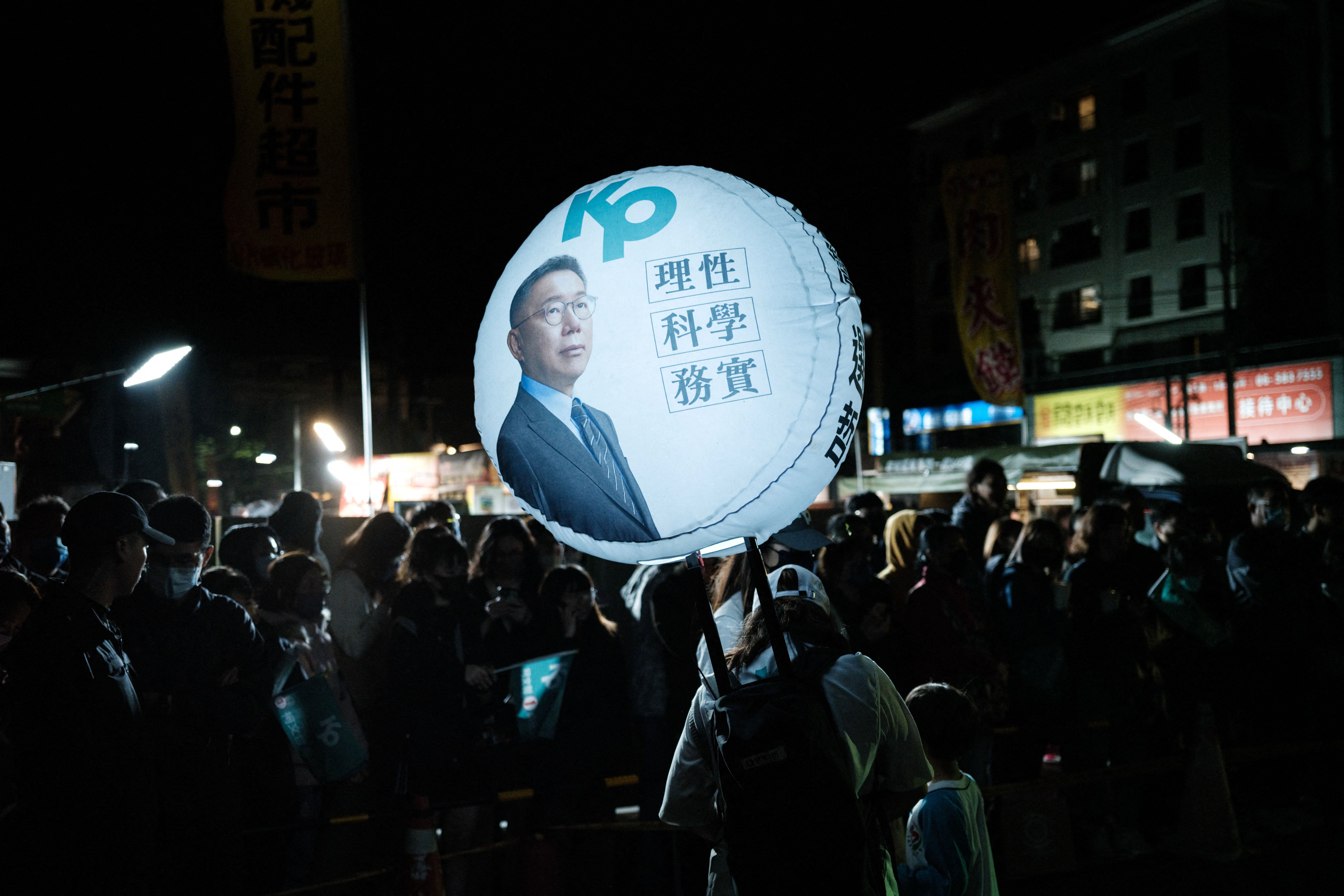
On Tuesday, China also issued a threat of new trade measures against Taiwan, prompting accusations from Taipei of “economic coercion”. This came soon after Taiwan expressed displeasure at a surprise Chinese satellite launch conducted over its airspace.
The KMT contends that both Taipei and Beijing are part of a single China, but each side can interpret the concept based on the “1992 consensus” – an implicit understanding reached between the then-KMT government and China in 1992.
In contrast, the DPP rejects Beijing’s sovereignty claims and asserts that Taiwan’s future should be determined by its people.
If DPP emerges as the election winner, it is certain that China will continue to threaten and isolate Taiwan even if it doesn’t immediately attack. KMT’s Mr Hou supports engaging in talks with China’s Communist Party to alleviate tensions across the Taiwan Strait.
While China’s president, Mr Xi has called reunification “a historic mission and an unshakable commitment,” Mr Lai of DPP says that “we are already a sovereign, independent country”.
What else is at stake?
The Taiwan election carries significant global ramifications.
Taiwan ranked as the world’s 16th-largest trading economy, engaged in trade totalling $907bn in goods and services in 2022.
The island nation is responsible for manufacturing 90 per cent of the world’s advanced semiconductor chips, crucial not only for various industries but particularly essential for the artificial intelligence boom.
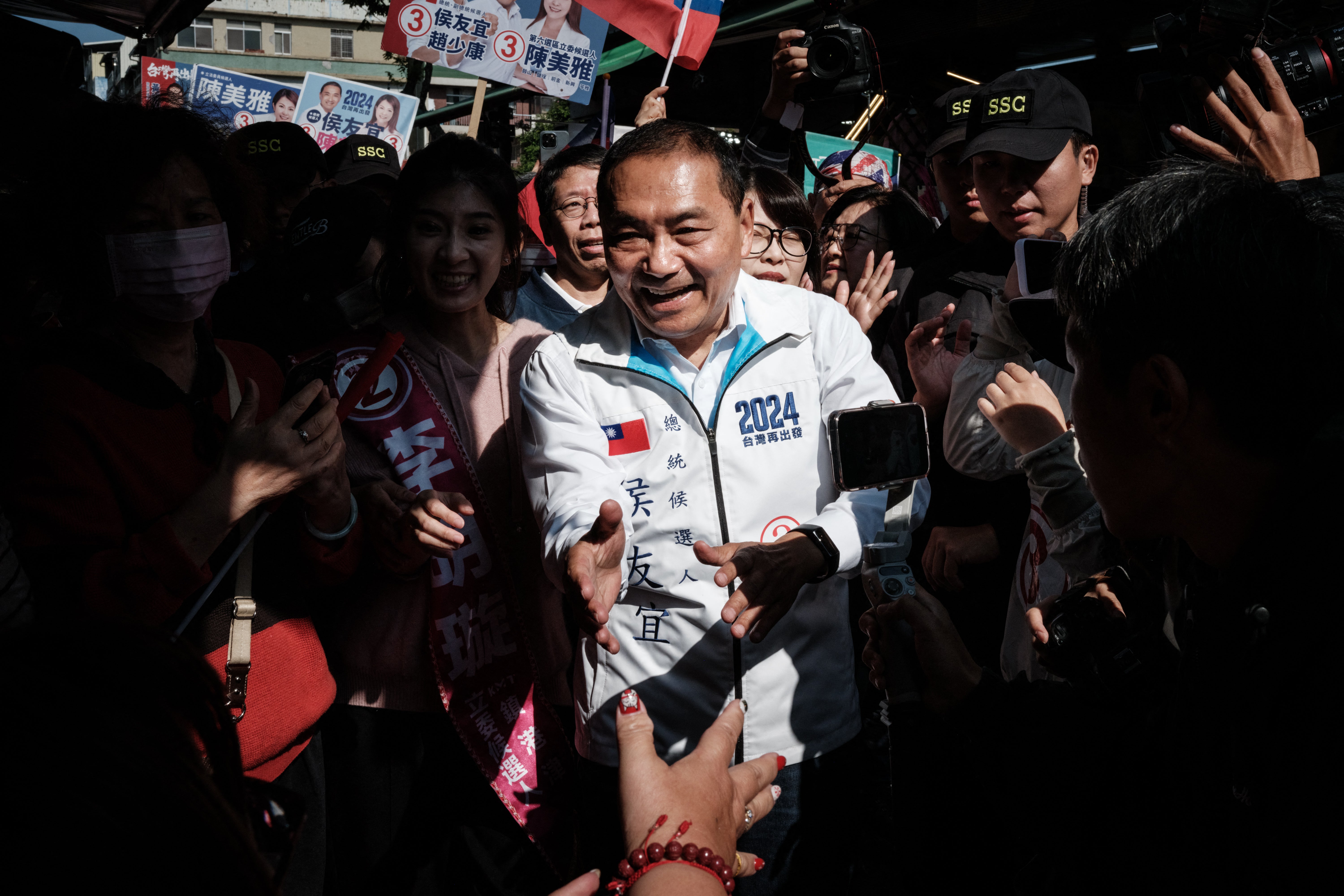
A potential blockade on Taiwan would jeopardise well over $2 trillion (£1.5 trillion) in economic activity, as estimated by the Rhodium Group, and this calculation does not even include the impact of potential sanctions or military responses.
There is debate over Taiwan reviving its nuclear power programme, which is likely to influence China’s actions.
Why does the US have a stake in Taiwan elections?
Both DPP and KMT promise better ties with the United States. The stance of the winner will be further shaped by the outcome of the US presidential election later in the year.
The US officially shifted its recognition to Beijing in 1979 but maintains numerous informal ties and is mandated by Congress to provide weapons to Taiwan. However, efforts by Taiwan to establish direct diplomatic or commercial links face strong reprisals from Beijing, including military drills, trade embargoes, and diplomatic freezes.
Some believe Taiwan is not prepared militarily to counter Beijing. Brookings Centre for East Asia Policy Studies states on its website that the Biden administration, therefore, “has not only increased its support to Taiwan via various multilateral diplomatic initiatives but also significantly fortified its defence assistance through arms sales, joint training, and an increased military presence around Taiwan”.
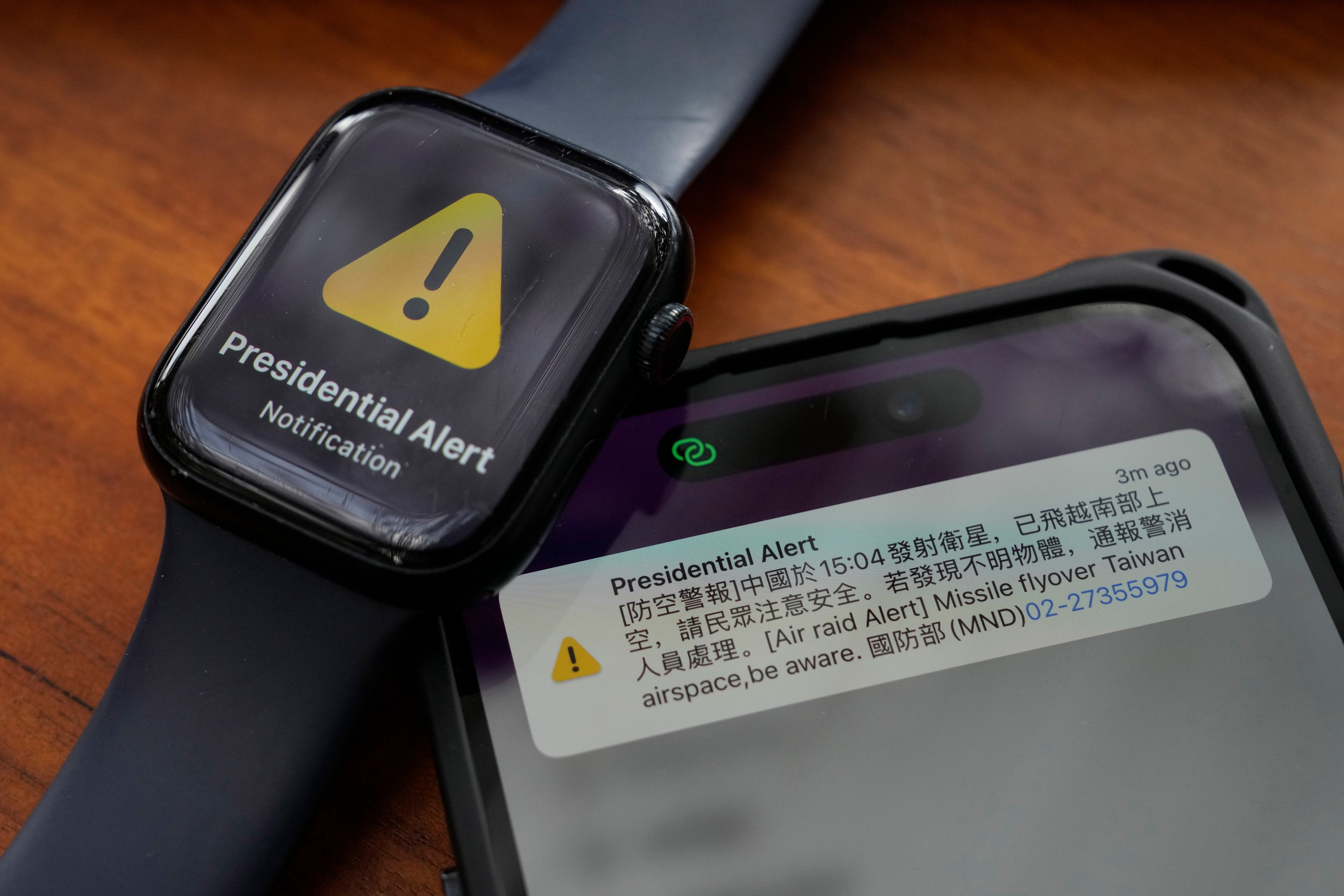
US president Joe Biden has made public statements on his willingness to militarily defend Taiwan in case of an incursion.
Writing for the Council on Foreign Relations, Susan M Gordon, Michael G Mullen and David Sacks noted in July last year: “The United States has critical strategic interests in the Taiwan Strait. If China were to successfully annex Taiwan against the will of the Taiwanese people, doing so on the heels of Russia’s invasion of Ukraine, it would severely undermine international order by again demonstrating that countries can use coercion or force to unilaterally redraw borders.
“If China were to station its military on the island, the United States would find it far more difficult to project power, defend its treaty allies, and operate in international waters in the Western Pacific.”
They warn that the “US influence would wane because its allies would question US commitment to their defence and either accommodate China or pursue strategic autonomy.”
Join our commenting forum
Join thought-provoking conversations, follow other Independent readers and see their replies
Comments